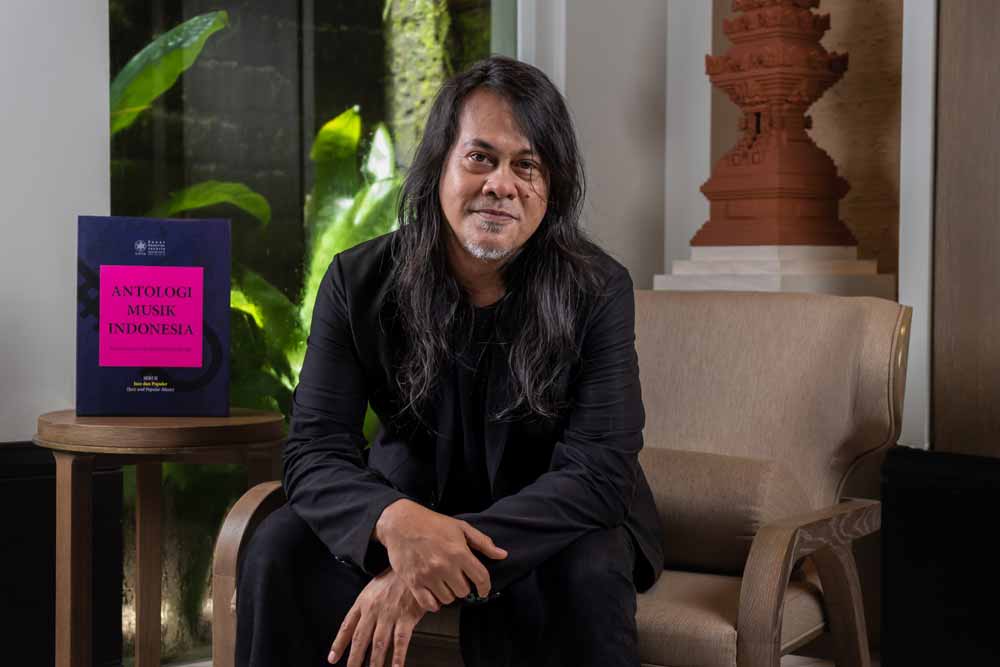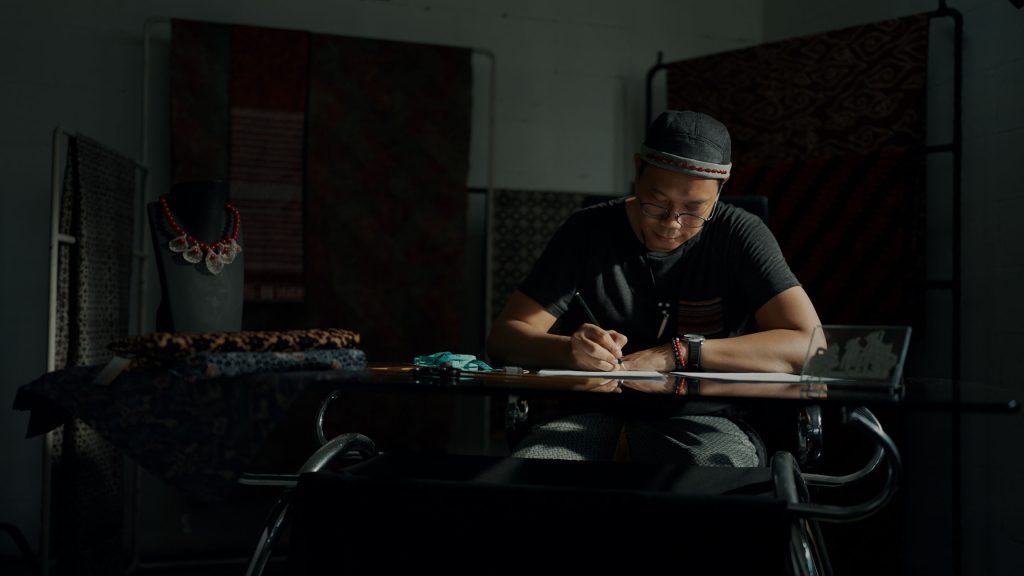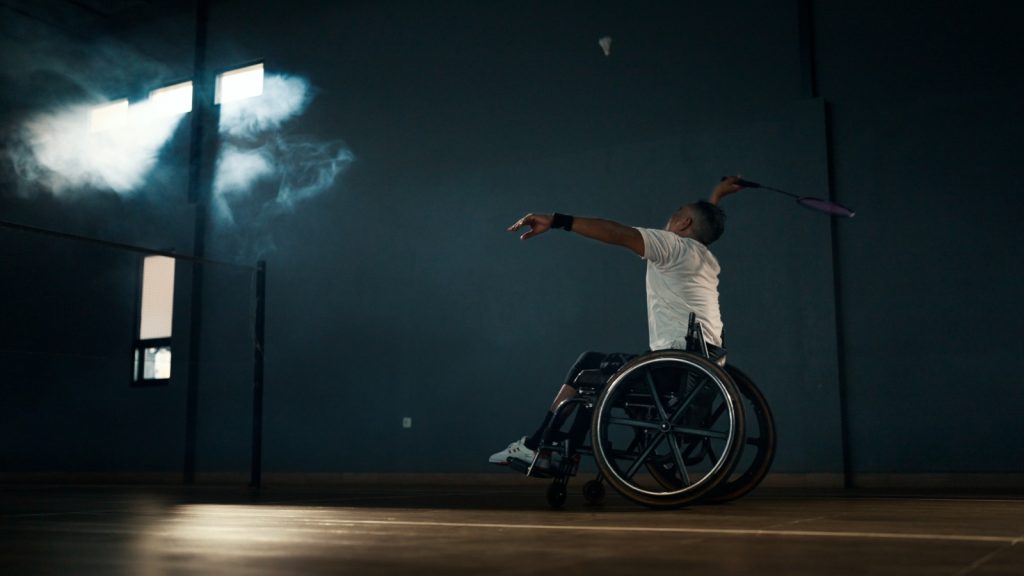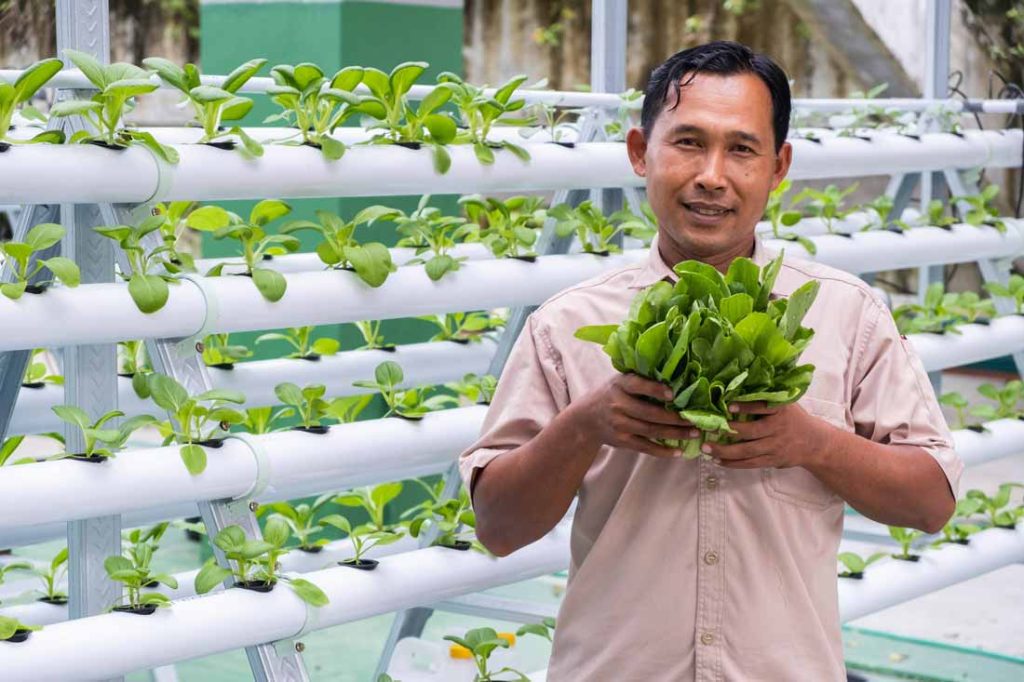
From afar Indonesia can appear as just another anonymous emerging country, something like China but maybe more like India, but when you get here and start to uncover its unique heritage of history, culture and tradition you realise that – wow – this is a powerhouse of art, dance, architecture, music, design, cuisine, textiles and wellness that rival the best in the world and eclipse most.
The beginnings of this mastery of culture started when extraordinary empires were born, flourished and died over the last two millennia. The most powerful and influential was the Majapahit Empire which encompassed not only Java, but Bali and even parts of present-day Malaysia. Under King Hayam Wuruk artists and artisans were encouraged to create their distinctive architecture and art that still is very visible today and forms the backbone of Java’s amazing culture.
But if that is not enough, Singasari and Kadiri, also Java based kingdoms, were already developing which allowed the Majapahit artisans to blossom. And going back further, over on the much bigger but less populated island of Sumatra, the Srivijaya Empire was in full force. This was a Buddhist empire which developed complex technology utilizing maritime resources, and its economy became progressively engaged with the booming trade in the region, transforming it into a prestige goods-based economy. You can begin to see the extraordinary depth -and breadth- of these emerging cultures which were closely entwined with local traditions.


But we should not stop there, because all over the world’s biggest archipelago are living cultures that enrich and deepen the magical mixture of myth, tradition and religion. The Balinese, right here on the island have a vibrant and enthralling culture visible nearly everywhere. The Torajans have their extraordinary traditions in Sulawesi and the Dayaks in Kalimantan, have a deep forest-based way of life. The Bataks in the north of Sumatra and the Ambonese in the East , the Papuans on the furthest reaches of the land and the Sundanese in the heart of Java all add their cultures, their philosophies and their traditions and in doing so, define the values of the country.
And Apurva Kempinski, as a core element in all they do, absorb and respect their time-tested wisdom and bring this to their guests with care and reverence to enhance their experience and their understanding of this great country. Their brand, the basis of their philosophy is that this is indeed Powerful Indonesia.
Sustainable Activation
2023 marks the beginning of the resort’s 5-year plan to activate their brand strategy roadmap with sustainability at its core. This encompasses measuring, monitoring and improving all elements of ESG (Environment, Social and Governance) through the establishment of specific teams to address all these main areas.
They are already pursuing top level certification and awards, to show to everyone their genuine commitment, making sure their guests, their employees and their communities are kept fully aware of what they are doing. They are aligning their program with the UN’s Sustainable Development Goals (SDGs) and with the national “Decarbonisation Program” which started with the launch of their collaboration with Nissan on our Electric Vehicle Guest Experience, in early 2023.
Their Unity in Diversity Program in 2022, was a celebration of the rich cultural diversity, heritage and philosophy of Indonesia’s seven main regions: Sumatra, Java, Nusa Tenggara, Kalimantan, Sulawesi, Maluku and Papua. These were part of the guest experiences throughout the resort, which portrayed mystical stories from those regions, their holistic treatments, culinary diversity, craftsmanship and traditional games. Throughout 2022, there were distinctive bi-monthly programmes, special events, exhibitions and displays by highly acclaimed artisans, all adding to the dizzying picture of Indonesia’s diversity.



Their 2023 ‘Powerful Indonesia’ a year-long campaign encompasses 12 curated monthly themes, focusing on partnership with people across disciplines, cultural-diversity guest experiences, an empowerment programme with educational institutions, sustainable activations and a development platform for people with disabilities.
Replacing single-use plastic, such as straws, with biodegradable products.
Hydroponic Garden: Using the rooftop space to grow various types of greens, this Rooftop Garden is set to establish a more sustainable kitchen in the resort. Plants are grown in a hydroponic and soil cultivation system. These plants are then harvested, and used as cooking ingredients.
Green Linen Artefact: This artefact is presented in the form of Jalak Bali, also known as the Bali starling, the island’s indigenous bird. The artefact is placed on the bed by the guest, to indicate that they would like to have their linen replaced. By leaving the artefact on the bedside table, the guest indicates that they would like to save water by having their linen replaced the following day.
In collaboration with Diversey, the ‘Linens for Life’ programme provides free face masks made from clean and hygienic discarded hotel linen to people in the local community who are in need. Meanwhile, the Soap for Hope programme provides at-risk people with access to soap, and information about how and when to use it. Soaps from the resort are cut and disinfected and pressed together to form new soap bars.
Sustainable Weddings : A wedding is one of the most memorable moments in a person’s life. At the same time, it can be very wasteful and damaging to our planet. To address this issue, The Apurva Kempinski Bali has invited several key partners that share their vision of a more responsible wedding celebration. Each of these partners play an important part in reducing the environmental impact of each event.



Lending their expertise on decorations is Designmill Co., who utilised recycled papers, potted plants, wooden chairs to decorate the venue. They are joined by Kaeen who is known for sharing Indonesian creativity through their fabric. Another partner from the fashion industry is SukkhaCitta, an award-winning social enterprise that focuses on changing lives in rural Indonesia, who will be creating the wedding dress for the bride. Puri Ata and Taga Woodcraft provide their locally handmade crafts, as a sustainable wedding gift. For food and beverage, Plaga Farm becomes the resort’s partner that demonstrates accountability for their people and environment. Similarly, other ingredients are sourced from local producers. Meanwhile, Tanamera Coffee and Balian Water are invited to participate, as brands that are committed to respect the ecosystem and communities they work with their products.
The Apurva Kempinski Bali
Jl. Raya Nusa Dua Selatan, Kuta Selatan
(0361) 2092288
kempinski.com/bali







